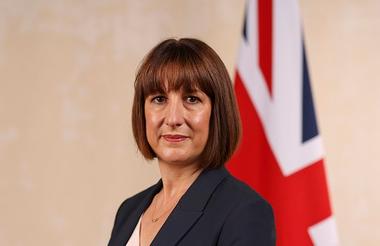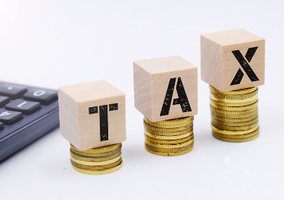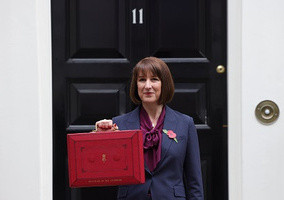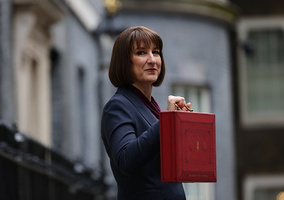Chancellor Rachel Reeves has refused to exempt or reimburse charities’ estimated additional £1.4bn tax bill after announcing an increase in employer national insurance contributions (NICs).
Reeves announced in her first budget last month that employer NICs would increase from 13.8% to 15% from April 2025 but that the employment allowance would more than double to £10,500 to shield the smallest organisations from the tax.
An open letter signed by more than 7,300 charities and voluntary organisations warned Reeves that the extra cost to charities of the tax rise would be around £1.4bn a year and asked for the government to reconsider.
Reeves this week replied to the letter, jointly authored by umbrella bodies NCVO and ACEVO, but did not offer any further concession.
NCVO, ACEVO and the Charity Finance Group said in a joint statement that the chancellor’s response “isn’t the news we want” but affirmed that they are “committed to raising the voice of the sector on this issue so that the government understand the very real impact it is having, and where possible, will seek to minimise the impact of these changes”.
Reeves: ‘We remain committed to ensuring the sector is recognised and valued’
In her response, Reeves said that the government does “recognise the need to protect the smallest businesses and charities”, citing its doubling of the employment allowance and the tax reliefs already available to charities, among other measures.
But on further support to the sector, Reeves said: “The government has committed to provide support for departments and other public sector employers for additional employer NICs costs only.
“This is the usual approach the government takes to supporting the public sector with additional employer NICs costs, as was the case with the previous government’s health and social care levy.
“More broadly, the government delivers a number of grant and support programmes which help VCSEs, including the Community Organisations Cost of Living Fund last year and the ongoing Social Enterprise Boost Fund.
“We remain committed to ensuring that the sector is recognised and valued for the crucial support it provides to so many people and look forward to continuing to work together.”
Sector bodies: ‘We will continue to challenge where challenge is needed’
In their joint response, NCVO, ACEVO and CFG said that they wanted to “commit to developing a stronger partnership between government and the sector in the future” through work on the upcoming Civil Society Covenant.
“The chancellor recognised our role as a trusted and independent partner,” they said.
“To strengthen that relationship, it’s vital the sector shares its views on the covenant framework, as this will help us agree the basis of our collective future relationship and ensure the sector is included in discussions around significant changes that will affect both charities and the people and causes, we exist to serve.
“Part of partnership is having difficult conversations, and it’s important that we, as an independent sector, continue to challenge where challenge is needed.”
Related articles












